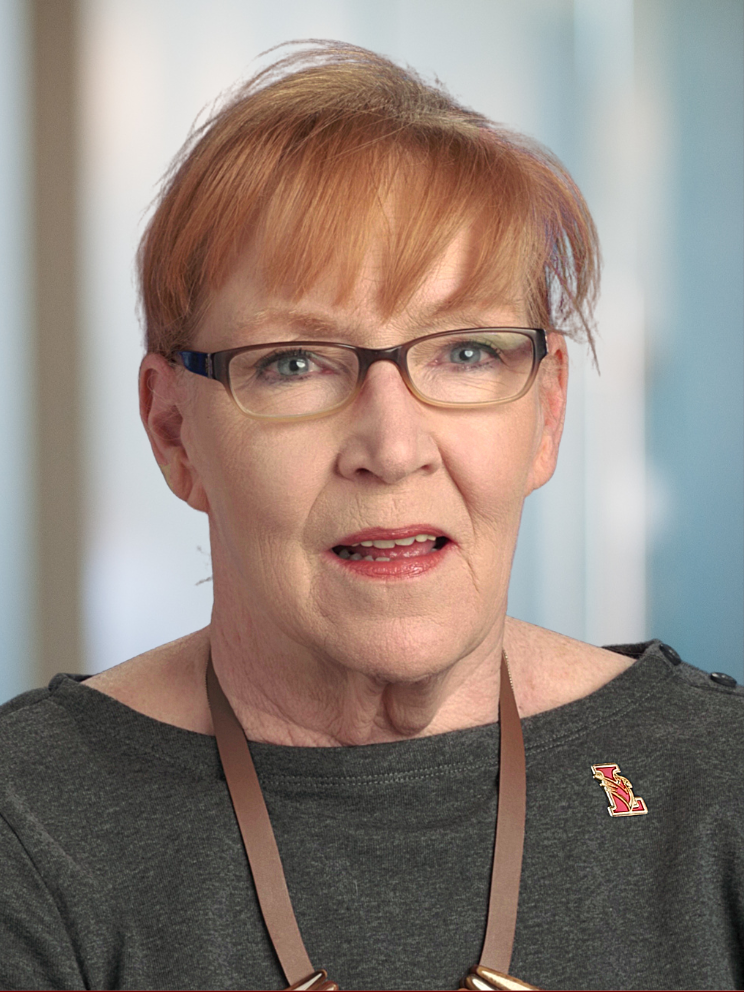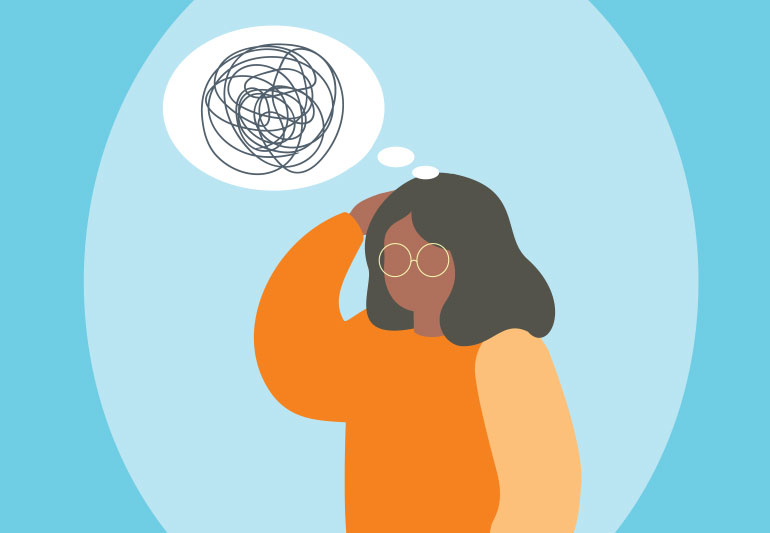For a while now, I’ve felt as though I’m not firing on all cylinders. I have no complaints about my health; I just feel like I’m not my old self. Not the well-oiled machine of yesterday. I’m more tired than usual, forgetting more and struggling to focus. I can attribute some of this to COVID. No, I haven’t had it, but the trauma of the pandemic seems to have taken its toll on me.
I was concerned that I was suffering from early-onset dementia, so you can imagine how relieved I was to read about a very real (and likely temporary) state some are calling “brain fog.” According to neurologist Andrew E. Budson, MD, “Brain fog is not a medical or scientific term; it is used by individuals to describe how they feel when their thinking is sluggish, fuzzy, and not sharp.”
How does brain fog manifest in my life? My memory is worse than usual—not simply forgetting why I am in the living room, but locking myself out of the car, key on the front seat. I’m easily distracted and cannot stay on track, daydreaming through Zoom calls and forgetting what I’ve just read or heard. I’m not incorporating new information in a way that I can recall later: which insurance plan offered the lower co-pay and which one was a lower premium? Back to page one.
Maybe we all have a little brain fog. How many times during lockdown did you wonder what day it was or lose your train of thought? Stress is a major cause of brain fog. Let’s not minimize that. We are trying to process a traumatic change in our daily lives—we’ve been isolated, assaulted by masked faces and constant reminders to wash our hands. We are bombarded with death tolls and fear-inducing newscasts. We’re living a Groundhog Day-life without the positive, stimulating experiences that kept us vital and engaged, and it’s this sameness that’s causing our brains to shut down, suggests Moya Sarner in the Guardian. Boredom from the blending of one day into the next—no new experiences or change of pace—can rob the brain of the context it needs to process information.
But what can we do other than ride out the pandemic and hope our ability to multitask comes back? Switch things up when possible. Call someone different. Move some furniture. Work from a different room. Less screen time, better sleep, move your body. Then move some more. Outside is better.
A little change can make a big difference. As soon as it’s safe, we can get back into the world and enjoy a variety of stimulating people and experiences to shoo away the fog. The worst is behind us and, with any luck, our resilience will kick in, leaving 2020 and 2021 in our rearview mirrors.
Note: Brain fog could be a symptom of a bigger issue: nutritional deficiency from a poor diet, poor sleep, boredom and inactivity, depression, or even a thyroid condition. Certain medications can cause brain fog. Serious brain fog may be a sign of an underlying condition. Share your concerns with your doctor.

Pepper Evans works as an independent-living consultant, helping older adults age in place. She is the empty-nest mother of two adult daughters and has extensive personal and professional experience as a caregiver. She has worked as a researcher and editor for authors and filmmakers. She also puts her time and resources to use in the nonprofit sector and serves on the Board of Education in Lawrence Township, NJ.



